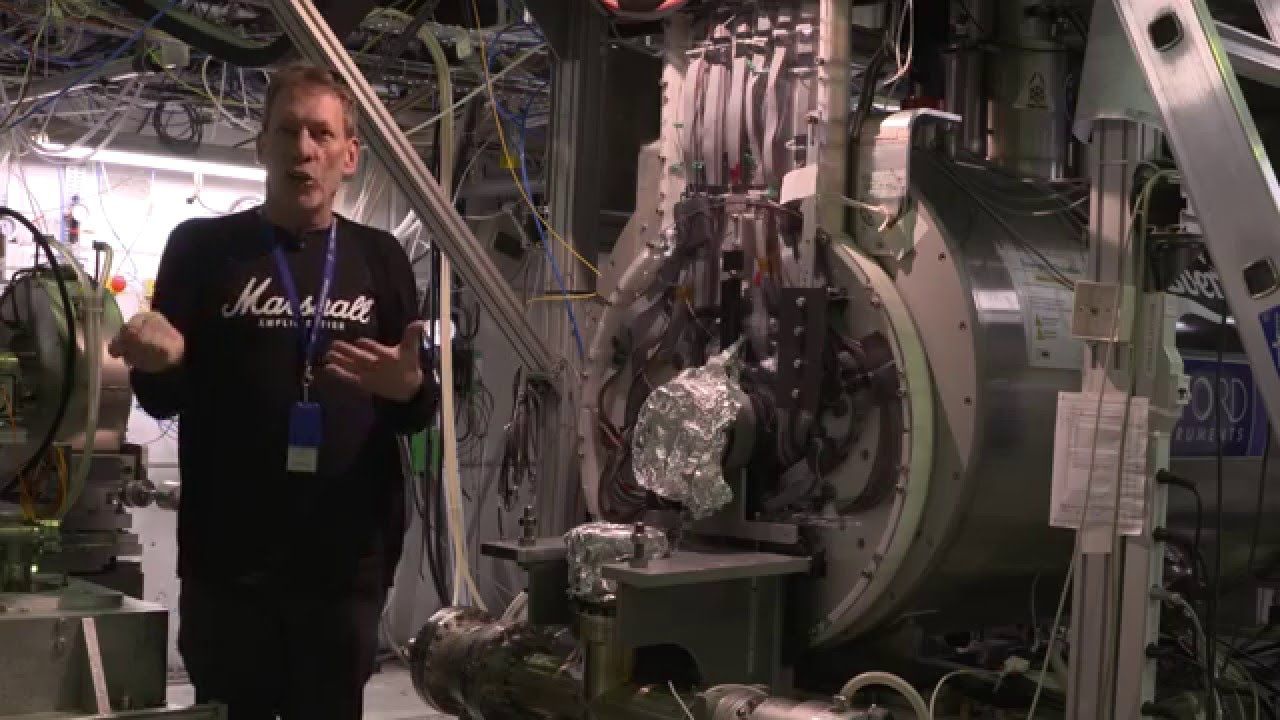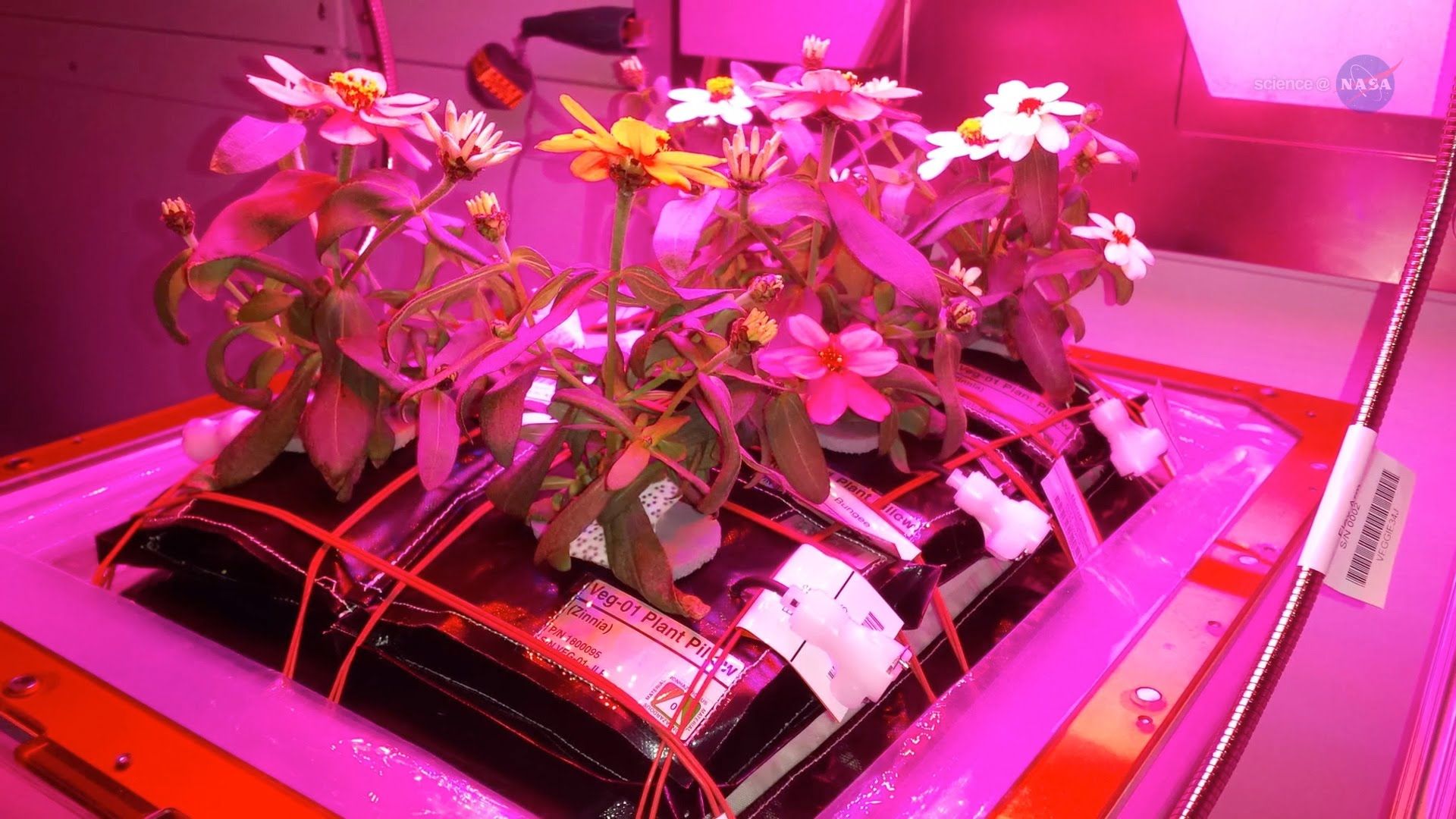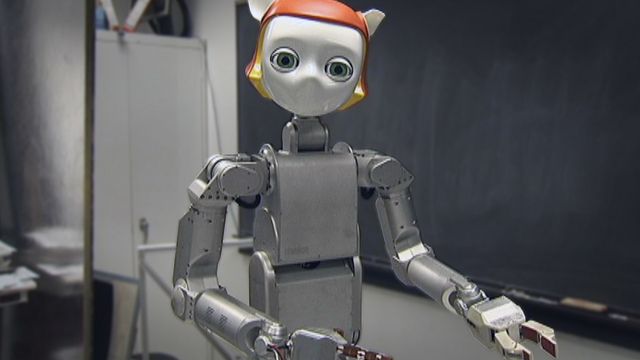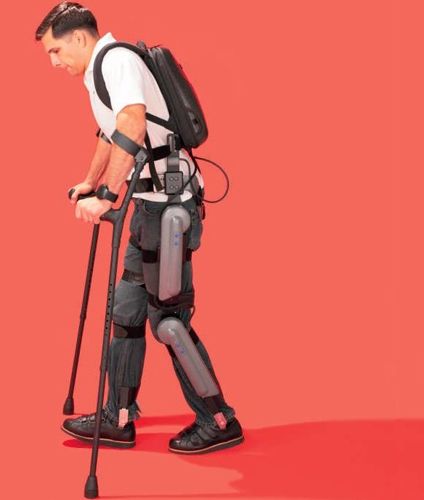![]()
Stanford used modified messenger RNA to extend the telomeres so the whole process if it translates effectively into humans — and the evidence is suggesting it will — would be pretty straightforward especially when you consider the degree of extension which is 1000 nucleotides and the fact that the telomerase which lengthens the telomeres is only active in the body for 48 hours which means there is no significant risk of cancer due to the limited time during which proliferation of the cells could take place.
It’s true that Lobsters defy the normal aging process which in humans increases the risk of heart disease, stroke, cancer, Alzheimer’s and diabetes in humans but not only that they actually become stronger and bigger with age each time they shed their shell whereas humans and other mammals are completely the opposite suffering muscle loss, stiffness and elevated risk of fractures etc. Lobsters just keep growing and can grow to a colossal size over the years there is information on a 95 year old 23 pounder (10.5kg) here http://www.cbsnews.com/news/95-year-old-lobster-featured-at-…estaurant/
Normally a lobster dies because it is eaten by a predator I.e us!, suffers an injury or gets a disease. we know the reason they remain fit and strong and it lies in their use of telomerase to protect their DNA and prevent their telomeres shortening and as a result protecting their cells from dying they also have a vast supply of stem cells which can turn into any into any type body of tissue and this will be one of our main tools for biomedical repairs in the future along with telomere lengthening as explained below because if we can extend our telomeres we will also hold one of the keys to life extension.
Continue reading “I’ve heard that lobsters live forever, and they don’t actually age. Is this true, and could I keep one alive forever in an aquarium (assuming I could provide food)?” »















